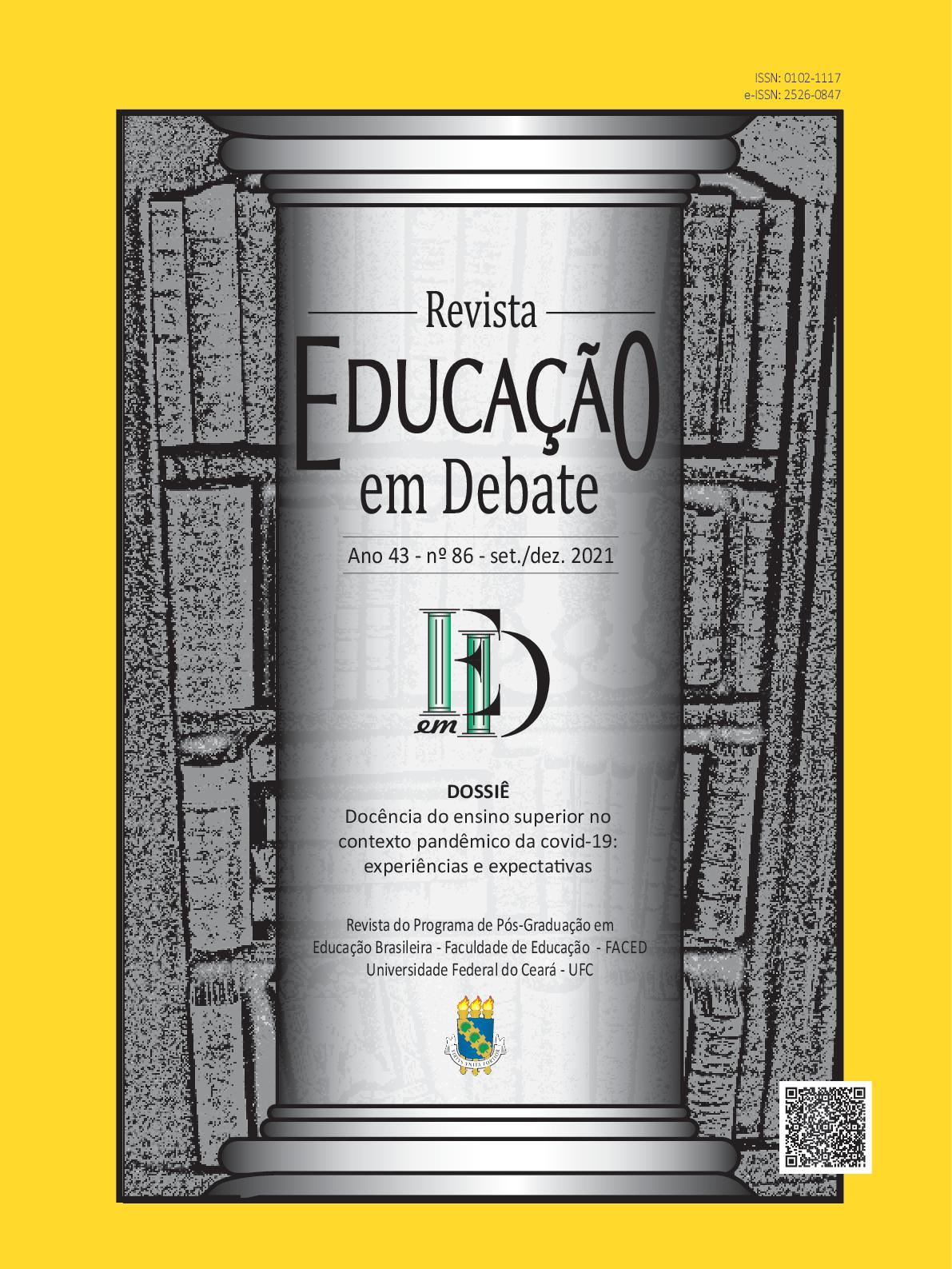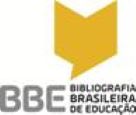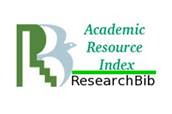VALOR FORMATIVO DAS APRENDIZAGENS SIGNIFICATIVAS DURANTE A CRISE PANDÉMICA POR COVID-19 PARA O DESENVOLVIMENTO DO ENSINO VIRTUAL NO ENSINO SUPERIOR
DOI:
https://doi.org/10.24882/eemd.v43i86.78000Palavras-chave:
Ensino a distância, Ensino informal, Ensino reflexivo, Desenvolvimento dos docentes, Ensino virtualResumo
A reinvenção dos processos de ensino a distância por força da crise pandémica por COVID-19 pode ser uma fonte útil de “Aprendizagens Significativas” para os docentes do ensino superior. Este ensaio pretende demonstrar como a reflexão sobre a “Aprendizagem Significativa” permite contribuir para desenvolvimento de práticas pedagógicas no ensino virtual. Começa por descrever como foi estruturado o processo de orientação virtual de trabalhos monográficos e como foi feito o acompanhamento dos estudantes de forma que o distanciamento social imposto pelo confinamento obrigatório não afetasse a coesão dos grupos. Posteriormente, apresenta as duas “Aprendizagens Significativas” que foram obtidas por meio da reflexão individual: 1) que é possível dinamizar um ambiente de aprendizagem a distância em que os estudantes aumentam a sua compreensão sobre um tópico e trabalham em colaboração entre si e 2) que a criação desse ambiente de aprendizagem torna o docente orientador num “Coach Académico”. Essas duas “Aprendizagens Significativas” afirmam o papel crítico da reflexão dos docentes no aumento da “Aprendizagem Informal” no ensino virtual.
Referências
ASHBURN, E. A.; FLODEN, R. E. (Eds.). Meaningfull learning using technology: What
educators need to know and do. Teachers College Press, 2006.
BUCKLEY, H.; NIMMON, L. Learning in faculty development: The role of social
networks. Academic Medicine, 95(11S), S20–S27, 2020. Disponível em: https://
doi.org/10.1097/ACM.0000000000003627. Acesso em: 04 set. 2021.
BURGESS, A.; MATAR, E.; NEUEN, B.; FOX, G. J. A longitudinal faculty development
program: Supporting a culture of teaching. BMC Medical Education, 19 (1), 400, 2019.
Disponível em: https://doi.org/10.1186/s12909-019-1832-3. Acesso em: 04 set. 2021.
CAI, M. Professional self-development based on informal learning: A case study
of foreign language teachers in a university of China. Open Journal of Social
Sciences, 07 (12), 26–38, 2019. Disponível em: https://doi.org/10.4236/
jss.2019.712003. Acesso em: 04 set. 2021.
CAMPBELL, K. Five farctors for planning. In: e-ffective writing for e-learning
environments (p. 10). Information Science Publishing, 2004.
CARLINER, S. What is informal learning. In Informal learning basics (pp. 1–6).
American Society for Trainning & Development, 2012.
CONNELLY, L.; KATHOL, L.; TRUKSA, V. P.; MILLER, J.; STOVER, A.; Otto, E. L. The
academic coach: A Program for nursing student success. Journal of Nursing
Education, 58(11), 661–664, 2019. Disponível em: https://doi.org/10.3928/
01484834-20191021-09. Acesso em: 04 set. 2021.
CRONIN, P.; RYAN, F.; COUGHLAN, M. (2008). Undertaking a literature review: a
step-by-step approach. British Journal of Nursing (Mark Allen Publishing), 17(1),
38–43, 2008. Disponível em: https://doi.org/10.12968/bjon.2008.17.1.28059.
Acesso em: 04 set. 2021.
CZERKAWSKI, B. C. Blending formal and informal learning networks for online
learning. International Review of Research in Open and Distributed Learning, 17
(3), 137–156, 2019. Disponível em: https://doi.org/10.19173/irrodl.v17i3.2344d.
Acesso em: 04 set. 2021.
DZALDOV, B. S. How to plan a meaningful learning. In Inspiring meaningful
learning: 6 steps to creating lessons that engage students in deep learning (p. 14).
Pembroke, 2018.
ENCINAR-PRAT, L.; SALLÁN, J. G. Informal learning about teaching among novice
university professors. The Qualitative Report, 24 (12), 3102–3121, 2019. Disponível
em: https://nsuworks.nova.edu/tqr/vol24/iss12/11. Acesso em: 04 set. 2021.
ERAUT, M.; ALDERSON, J.; COLE, G.; SENKER, P. Learning from other people at
work. In: HARRISON, R.; REEVE, F.; HANSON, A.; CLARKE, J. (Eds.), Suporting lifelong
learning: Perpectives on learning: Vol. I (p. 145). The Open University, 2002.
ERAUT, M. Non-formal learning and tacit knowledge in professional work. The
British Journal of Educational Psychology, 70 ( Pt 1)(1), 113–136, 2000. Disponível
em: https://doi.org/10.1348/000709900158001. Acesso em: 04 set. 2021.
ERAUT, M. Knowledge, working practices, and learning. In: S. Billet (Ed.), Learning
through practice: Models, traditions, orientations and approaches (pp. 37–58).
Springer Publishing, 2010.
ERVIN, N. E. Clinical Coaching. Clinical Nurse Specialist, 19 (6), 296–301, 2005.
Disponível em: https://doi.org/10.1097/00002800-200511000-00008. Acesso
em: 04 set. 2021.
GAEBEL, M.; ZHANG, T.; STOEBER, H.; MORRISROE, A. Survey report: digitally
enhanced learning and teaching in European higher education institutions.
European University Association, 2021. Disponível em: https://www.eua.eu/
downloads/publications/digihe survey report.pdf. Acesso em: 04 set. 2021.
GIBA, J. IMRaD structure for research papers. In: Developing skills in scientific
writing (pp. 3–9), Esteve Foundation, 2014. Disponível em: https://esteve.org/
wp-content/uploads/2018/01/13066.pdf. Acesso em: 04 set. 2021.
GLASPER, A.; REES, C. (Eds.). Delphi process. In: Nursing and healthcare research
at a glance (pp. 88–89). Wiley-Blackwell, 2017.
HARASIM, L.; HILTZ, S. R.; TELES, L.; TUROFF, M. Networks for schools: Exemplars
and experiences. In: Lerning networks (p. 30). Massachussets Institute of
Technology, 1995.
KOOKER, B. M.; LATIMER, R.; MARK, D. D. Successfully coaching nursing staff to
publish outcomes. JONA: The Journal of Nursing Administration, 45 (12), 636–
641, 2015. Disponível em: https://doi.org/10.1097/NNA.0000000000000277.
Acesso em: 04 set. 2021.
LEHAN, T. J.; HUSSEY, H. D.; SHRINER, M. THE influence of academic coaching on
persistence in online graduate students. Mentoring & Tutoring: Partnership in
Learning, 26(3), 289–304, 2018. Disponível em: https://doi.org/10.1080/136112
67.2018.1511949. Acesso em: 04 set. 2021.
LUNENBURG, F. C. Presenting and publishing your dissertation. In: Writing a
sucessfull tesis or dissertation: tips and strategies for students in the social and
behavioral sciences (p. 266). Corwin Press, 2008.
MALCOLM, J.; HODKINSON, P.; COLLEY, H. The interrelationships between
informal and formal learning. Journal of Workplace Learning, 15 (7/8), 313–318,
2003. Disponível em: https://doi.org/10.1108/13665620310504783. Acesso em:
04 set. 2021.
PEINHARDT, R. D.; HAGLER, D. Peer coaching to support writing development.
Journal of Nursing Education, 52 (1), 24–28, 2012. Disponível em: https://doi.
org/10.3928/01484834-20121121-02. Acesso em: 04 set. 2021.
PIERCE, B.; NOLAND, J. Coaching and disciplining. In: Nursing managment secrets
(p. 145). Hanley & Belfus, 2002.
PIFER, M. J.; BAKER, V. L.; LUNSFORD, L. G. Academic departments as networks of
informal learning: Faculty development at liberal arts colleges. International
Journal for Academic Development, 20(2), 178–192, 2015. Disponível em: https://
doi.org/10.1080/1360144X.2015.1028065. Acesso em: 04 set. 2021.
PRICE, B. Improving nursing students’ experience of clinical placements. Nursing
Standard, 34 (9), 43–49, 2019. Disponível em: https://doi.org/10.7748/ns.2019.
e11328. Acesso em: 04 set. 2021.
SUTTON, S.; KOEHLER, C. J. Nursing process mapping. In: BRADSHAW, M.;
LOWENSTEIN, A. J. (Eds.). Innovative teaching strategies in nursing and related
health professions (5th ed.). Jones & Bartlettt Publishers, 2011.
YOOST, B. L.; CRAWFORD, L. R. Critical thinking in nursing. In: Fundamentals of
nursing: Active learning for collaborative practices (p. 59). Elsevier, 2016.
Downloads
Publicado
Edição
Seção
Licença
Autores que publicam nesta revista concordam com o seguinte termo: os autores mantêm os direitos autorais e concedem à revista o direito de primeira publicação, com o trabalho simultaneamente licenciado sob a Licença Creative Commons Atribuição-NãoComercial-SemDerivações 4.0 Internacional (CC BY-NC-ND 4.0)


3.jpg)











